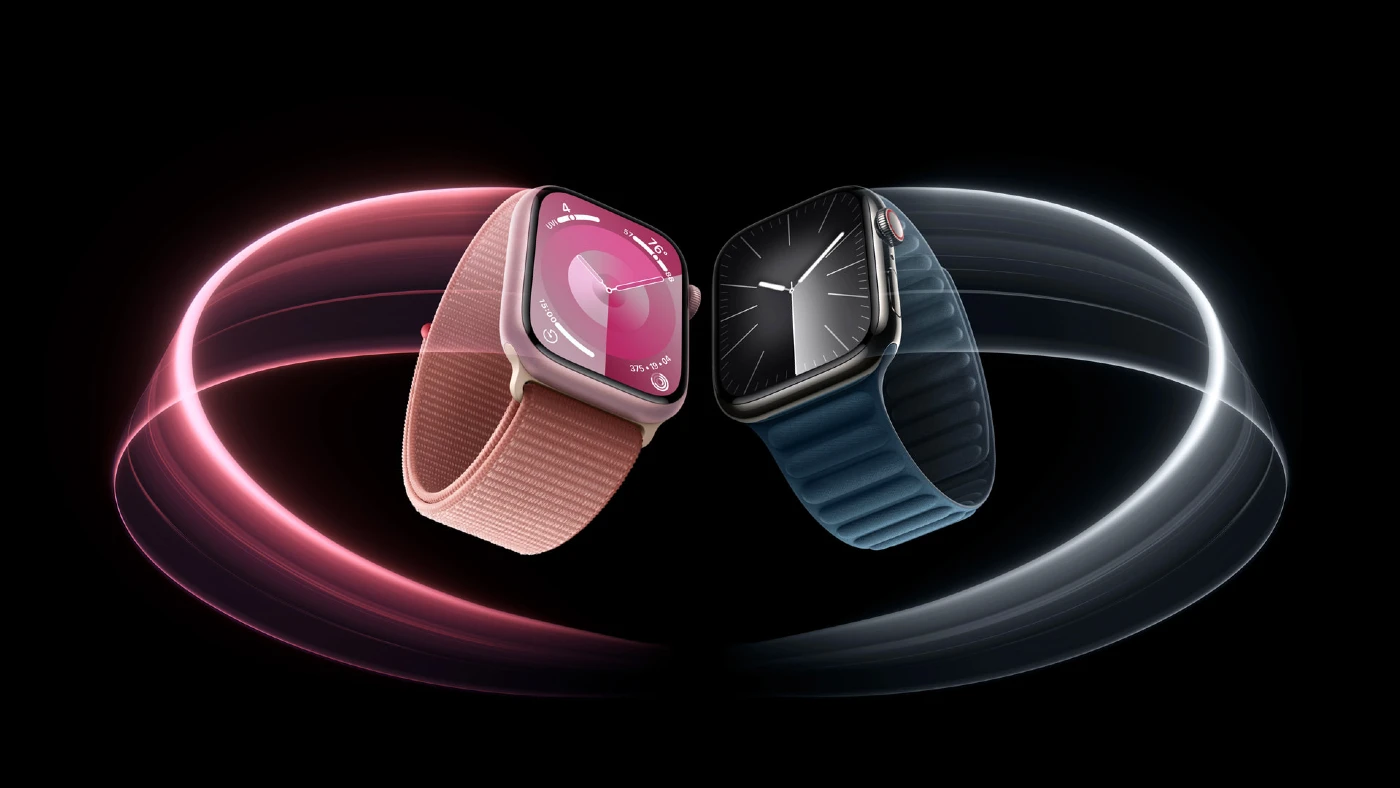In the United States. the Food and Drug Administration (FDA) has approved the use of the Apple Watch in clinical trials dealing with atrial fibrillation, a type of abnormal heartbeat.
The APple Watch is the first digital health device to qualify for use in clinical trials, providing people conducting the trials a noninvasive way of measuring the atrial fibrillation risk in trial participants.
If the user allows it to, Apple says the smartwatch can measure a heart rate via wrist detection, as well as other health factors. This allows the device to compile data on the wearer’s history and potential risk of atrial fibrillation.
The Apple Atrial Fibrillation History Feature is the first digital health technology qualified under the MDDT program, providing a non-invasive way to check estimates of atrial fibrillation (AFib) burden within clinical studies.
It is designed to be used as a biomarker test to help evaluate estimates of AFib burden as a secondary effectiveness endpoint within clinical studies intended to evaluate the safety and effectiveness of cardiac ablation devices to treat.
It is designed to be used throughout the clinical study, both before and after cardiac ablation devices, to monitor a study participant’s weekly estimate of AFib burden.
Apple Watch Irregular Rhythm Notifications
The irregular rhythm notification occasionally checks for signs of irregular rhythms that may be suggestive of atrial fibrillation (AFib). This feature won’t detect all instances of AFib, but may catch something that can provide your patients with an early indication that further evaluation may be warranted.
Irregular rhythm notifications use the optical heart sensor to detect the pulse wave at the wrist and look for variability in beat‑to‑beat intervals when the user is at rest. If the algorithm repeatedly detects an irregular rhythm suggestive of AFib, your patient will receive a notification and the date, time, and beat‑to‑beat heart rate will be recorded in the Health app.
In a clinical study using an FDA‑cleared patch ECG as a reference device, the irregular rhythm notification feature demonstrated a sensitivity of 88.6% and a detection specificity of 99.3%.
The irregular rhythm notification feature received 510(k) clearance from the FDA for users 22 years and older with no prior history of AFib.



